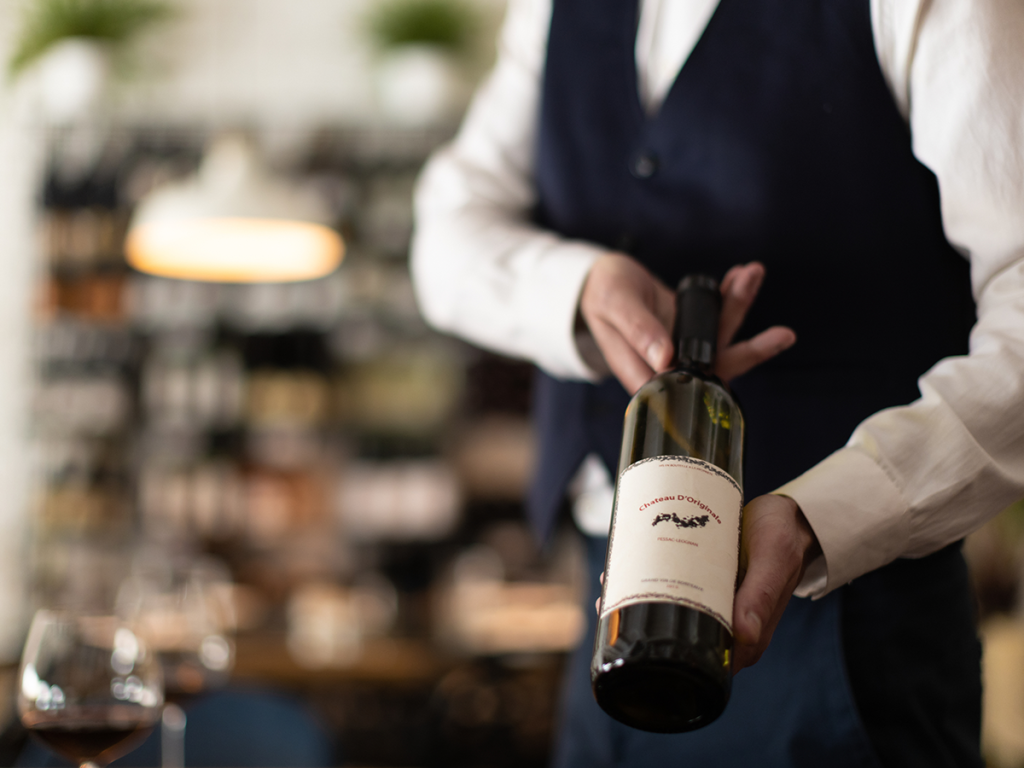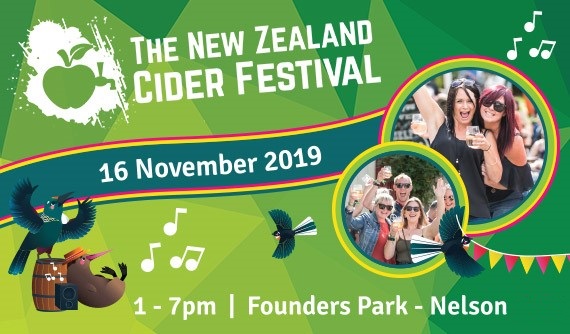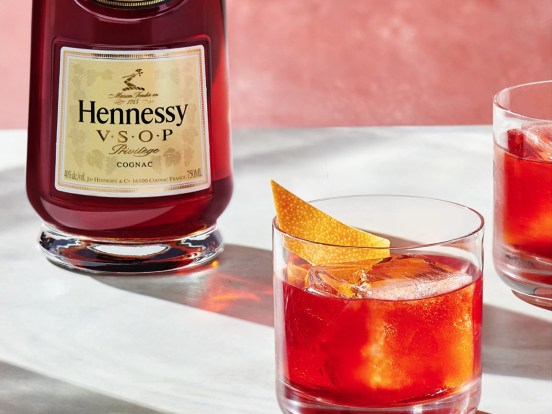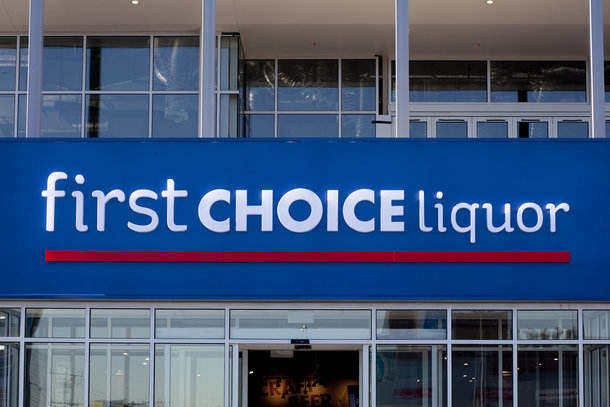Looking to take your interest in wine to the next level in the hospitality industry? In the first of our ‘want to be’ series, we share how you can study to become a Sommelier.
What is a Sommelier?
A Sommelier is a trained wine professional who specialises in various aspects of wine service, selection, and education. The role of a Sommelier typically encompasses:
Wine selection
Sommeliers have a deep understanding of wines, including their characteristics, flavours, and production methods. They curate wine lists for restaurants, bars, and wine shops, ensuring a diverse and well-balanced selection that complements the cuisine and caters to a wide range of preferences.
Food & wine pairing
Sommeliers are skilled in pairing wines with different types of dishes. They consider the flavours, textures, and aromas of both the food and the wine to create harmonious combinations that enhance the dining experience.
Wine service
Sommeliers are responsible for properly storing, opening, and serving wines. They know how to present a bottle of wine, pour it correctly into the appropriate glassware, and ensure that the wine is served at the right temperature.
Wine education
Sommeliers educate customers and staff about wines, helping them understand the nuances of different wine regions, grape varieties, and production techniques. They may host wine tastings, seminars, and workshops to enhance people’s knowledge and appreciation of wine.
Wine trends & market knowledge
Sommeliers stay updated on current trends in the wine industry, including new wineries, emerging wine regions, and innovative production methods. This knowledge allows them to make informed recommendations to customers.
Wine cellar management
In some cases, Sommeliers are involved in managing wine cellars, ensuring that wines are stored in optimal conditions to maintain their quality and ageing potential.
What is the difference between…
A Sommelier and a Master Sommelier
The key difference between a Sommelier and a Master Sommelier is the level of expertise, experience, and certification achieved in the field of wine and beverage knowledge.
A Master Sommelier is the highest level of certification and achievement within the Sommelier profession and it is awarded by the Court of Master Sommeliers.
Becoming a Master Sommelier is a highly-selective process where candidates must pass a series of rigorous examinations that test their knowledge of wine theory, tasting ability, food and wine pairing, beverage service, and more.
Those who successfully earn the Master Sommelier title, such as New Zealand’s first Master Sommelier Cameron Douglas, are considered to be among the most knowledgeable and accomplished professionals in the wine industry.
A Master Sommelier and a Master of Wine
A Master Sommelier focuses primarily on wine and beverage service, including wine selection, food and wine pairing, wine storage, and presentation. It emphasises the practical skills required for working in high-end hospitality settings.
The Master of Wine a certification is awarded by the Institute of Masters of Wine, an organisation focused on the broader academic and theoretical aspects of wine.
Master of Wine emphasises an understanding of all aspects of wine – including viticulture, winemaking, wine business, and marketing. It is considered more of an academic and comprehensive approach to wine expertise.
How can I become a Sommelier?
Education & training
Enrol in a formal wine education programme or course that focus on wine and beverage knowledge. Look for institutions or organisations that offer Sommelier training programmes, such as the New Zealand School of Food & Wine or the Wine Education Company. Some internationally recognised programmes like the Wine & Spirit Education Trust (WSET) or the Court of Master Sommeliers offer courses in New Zealand or online that can provide a solid foundation in wine knowledge.
Gain practical experience
Work in environments where you can gain hands-on experience with wines and beverages. This might involve working in bars, wine shops, or vineyards. Practical experience is crucial for developing your palate, understanding different wine regions, and honing your service skills.
Networking & learning
Attend wine tastings, seminars, workshops, and events to expand your knowledge and network within the industry. Building connections with experienced Sommeliers and other professionals can provide valuable insights and opportunities.
Certification
While certification is not always mandatory, it can significantly enhance your credibility and job prospects as a sommelier. Certifications like those offered by the Court of Master Sommeliers or the Wine & Spirit Education Trust (WSET) validate your expertise and skills, which can be especially important if you’re aiming to work in high-end establishments.
Job search
Look for Sommelier positions in restaurants, bars, and other hospitality venues. Your practical experience and potential certifications will make you a more attractive candidate to employers.
Continuous learning
The world of wine is dynamic and ever-changing. Stay up-to-date with industry trends, new wine regions, and emerging grape varieties. Continue attending tastings, workshops, and educational events to refine your skills and knowledge.
Specialisation & growth
As you gain more experience and knowledge, you might consider specialising in certain areas of wine, such as particular wine regions, types of wine, or food and wine pairing. This specialisation can set you apart and provide unique opportunities for career growth.
The process of becoming a Sommelier is a journey that requires dedication, passion, and ongoing learning. Starting with education, practical experience, and potentially pursuing certifications will help you establish yourself as a knowledgeable and skilled sommelier in New Zealand’s wine industry.
How to catch up with The Shout NZ…
Online, updated daily with its own unique content and breaking news.
Our weekly newsletter – free to your inbox! Subscribe here.
We are also on Facebook, Instagram and LinkedIn!EditBrothers Beer goes into voluntary administration





